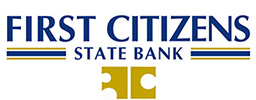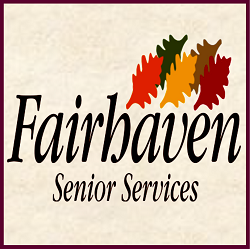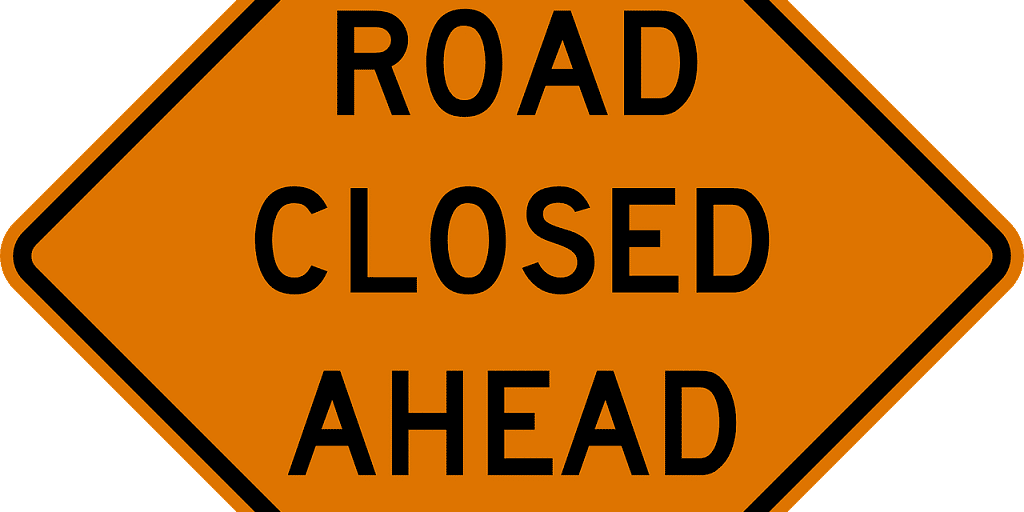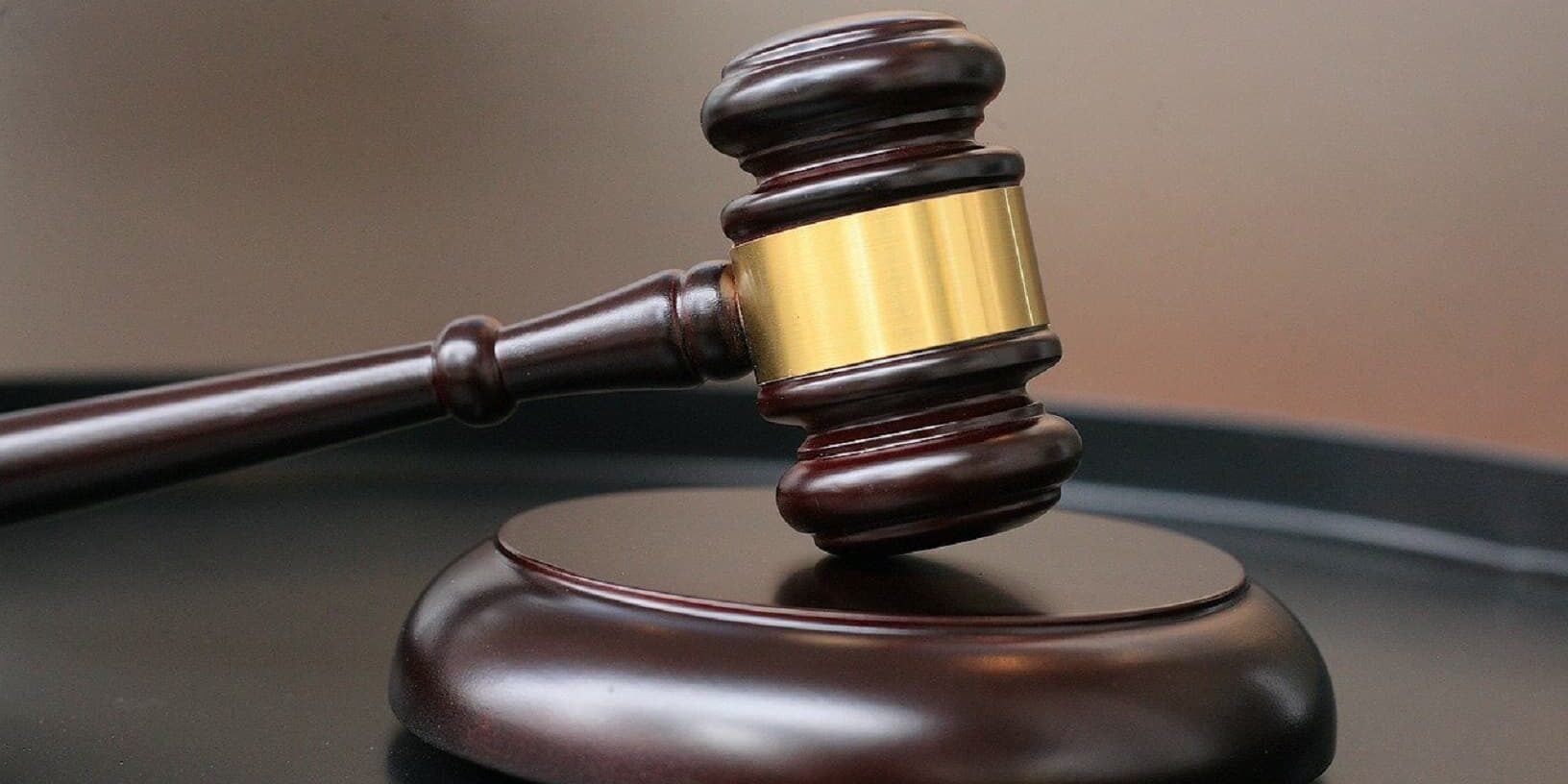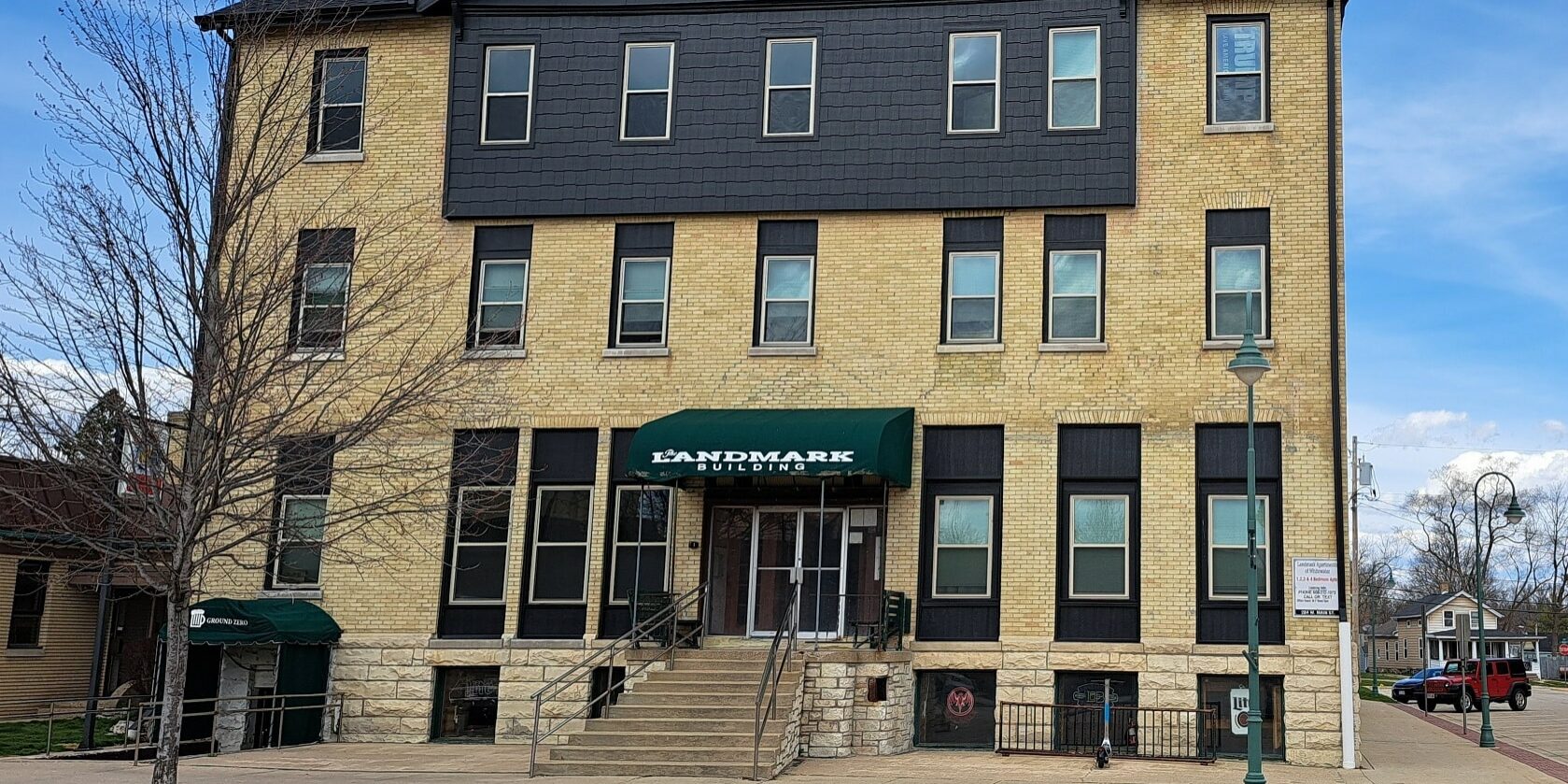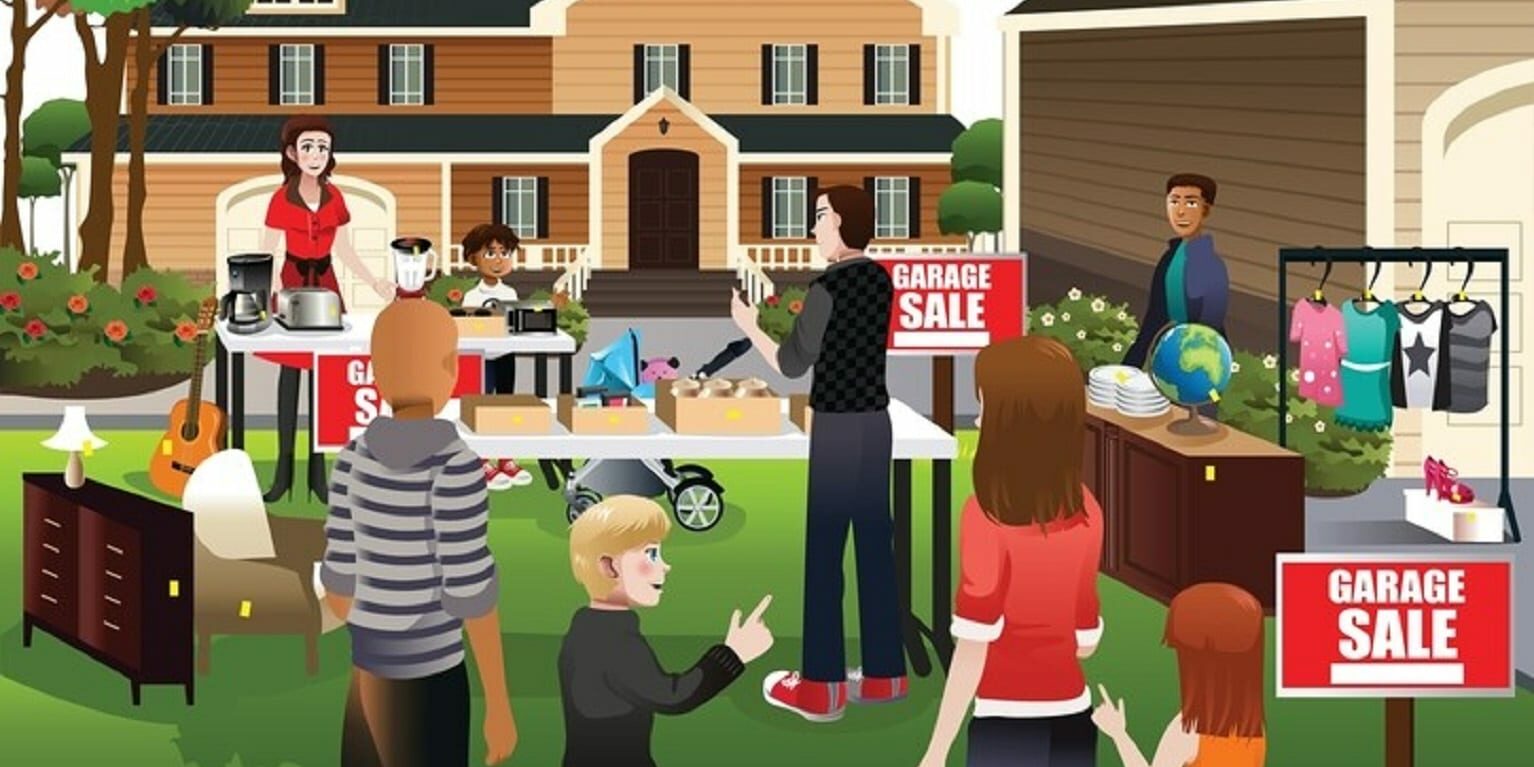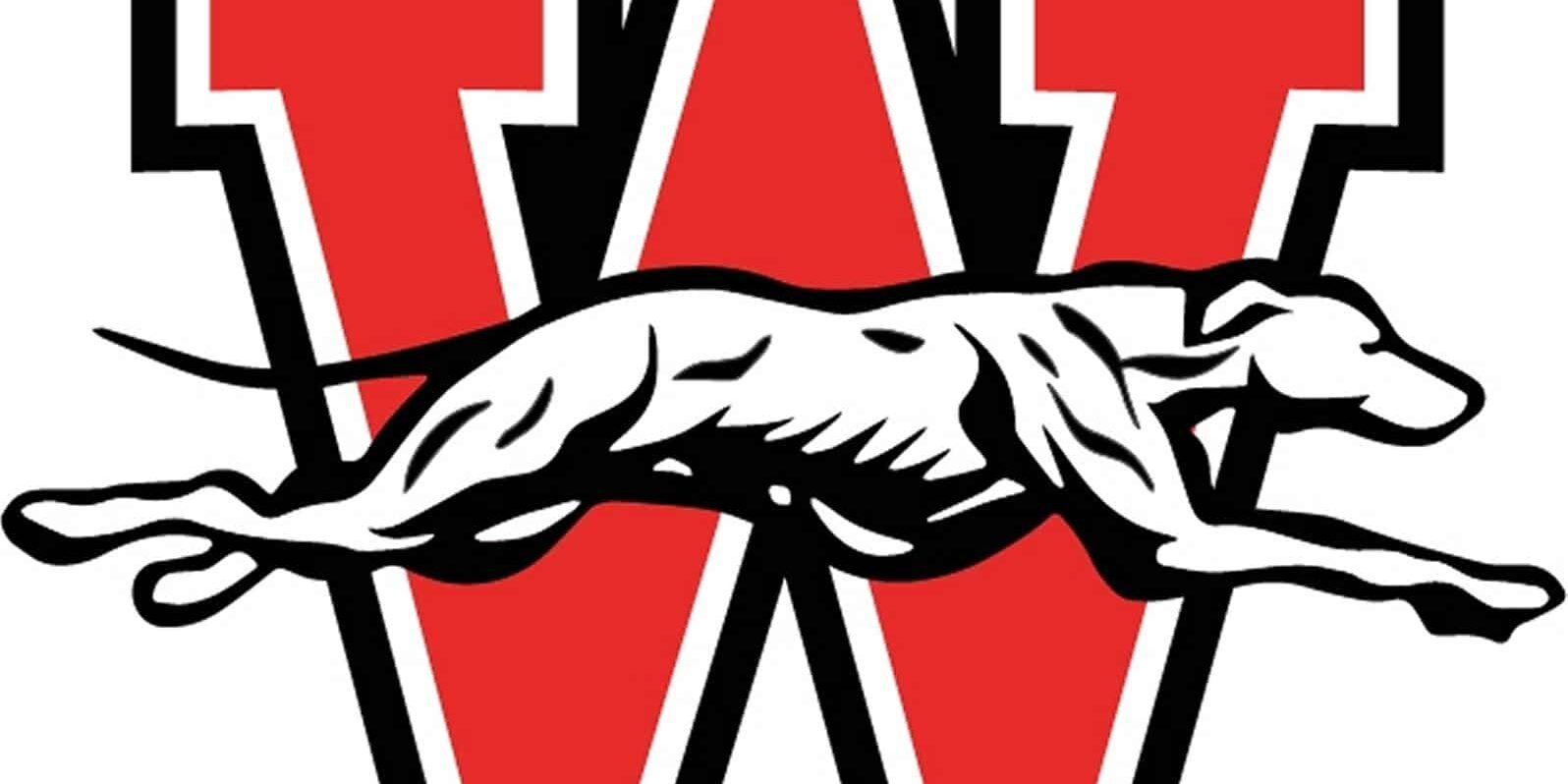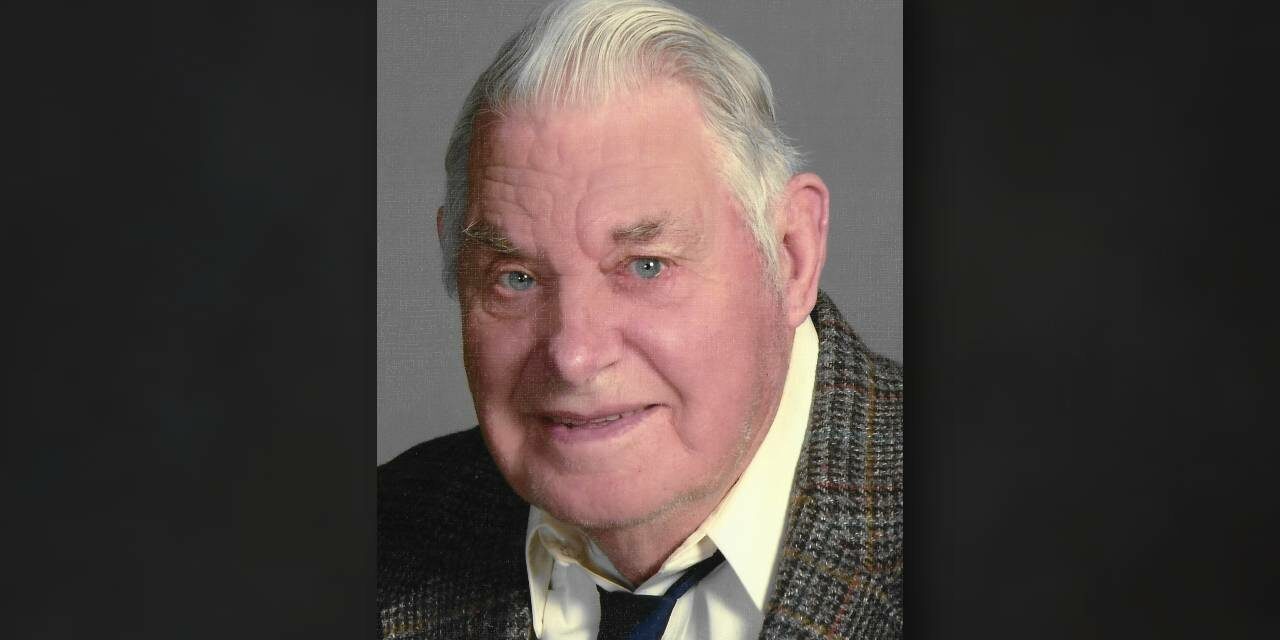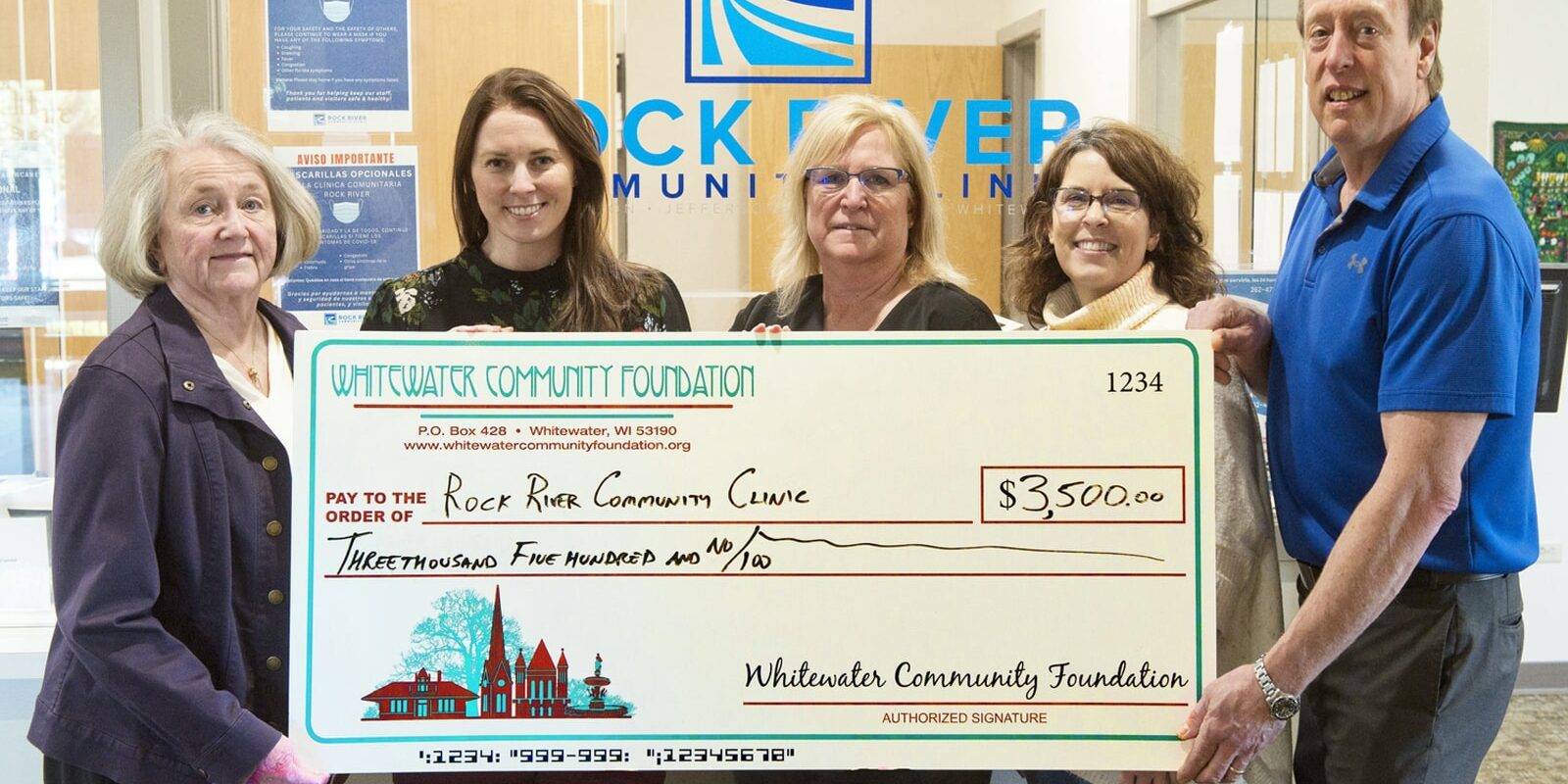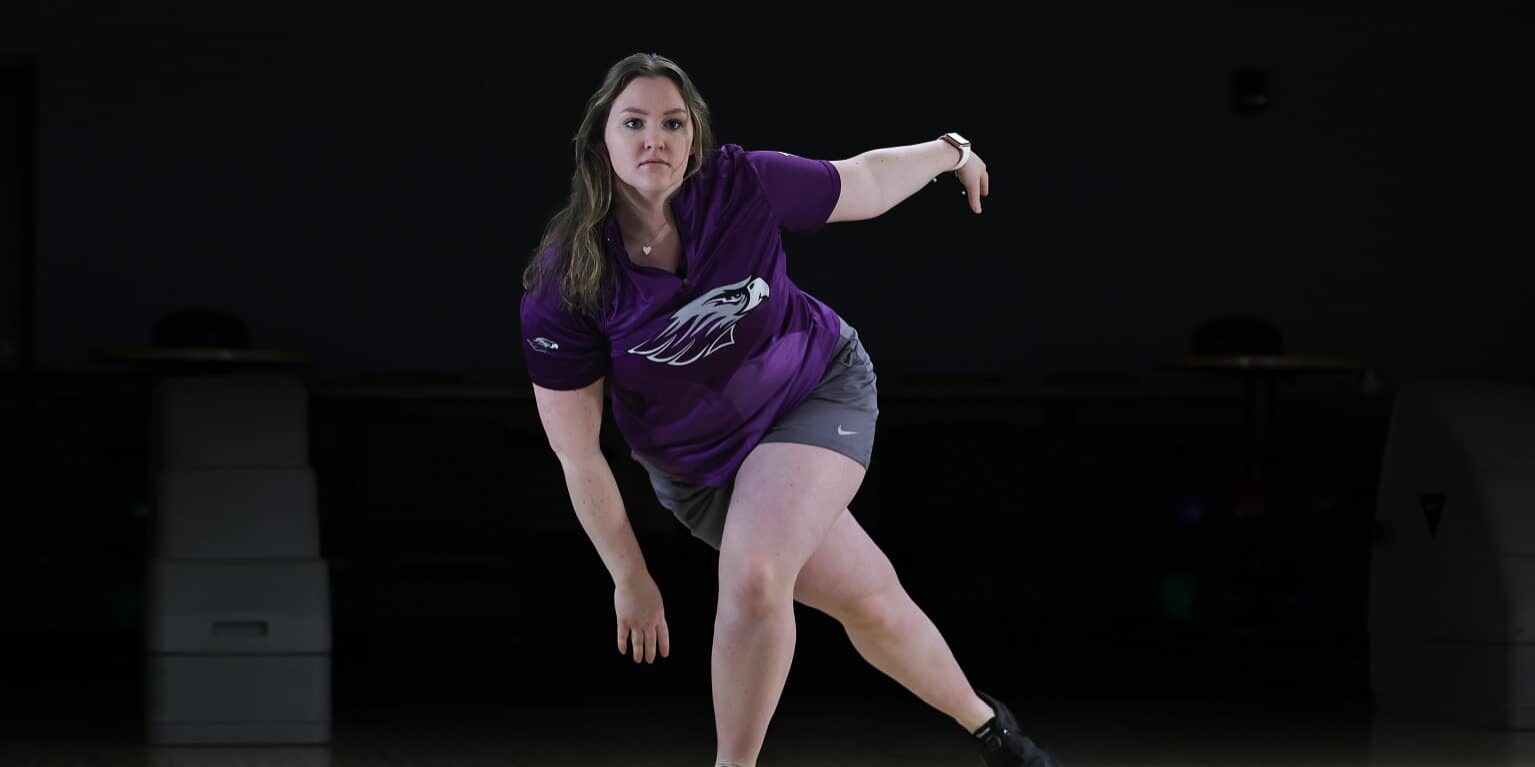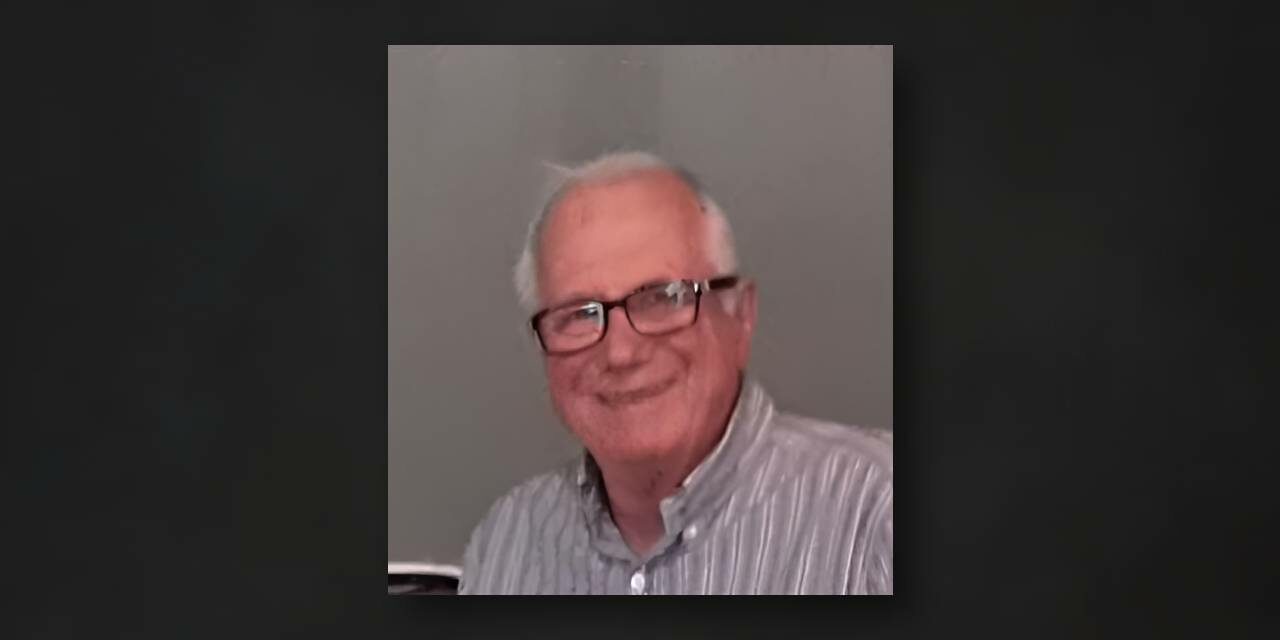By Al Stanek
Whitewater Banner volunteer staff
whitewaterbanner@gmail.com
The Thursday, April 8 Whitewater Common Council meeting that was moved because of the previous Tuesday’s election resulted in final clarification of an ordinance on smoking in city parks and the announcement that the City is scheduled to receive $1.48 million of federal assistance as stipulated in the recently passed American Rescue Plan Act of 2021 (ARP). The meeting also included recognition of long-time council member Patrick Singer for his 14 years of service.
The issue of smoking in city parks has been confusing to citizens and even some council members for several years. The final resolution of the issue, which was almost not achieved due to one council member’s objections, will focus only on air-quality and health issues within 20 feet of a playground, skate park, or bleacher area as opposed to an earlier ordinance that applied to all city parks.
The issue of the $1.48 million dollars of additional federal funding came in a report from City Manager Cameron Clapper. HR 1319, or the ARP as it is known, was signed into law in mid-March. With a total authorized spending of $1.9 trillion it includes direct aid and economic stimulus funds for local governments. Reimbursed costs related to the COVID-19 pandemic along with economic stimulus funding for allowable “infrastructure improvements” are included.
ARP funding to cities like Whitewater is designated in “Section M” of the bill. That section includes nearly $220 billion of direct state and local government relief and stimulus funding which represents nearly 12% of the ARP’s total budget. More than half that amount ($130.2 billion) is designated specifically for counties, cities and other governments including the City of Whitewater.
City Manager Clapper’s report to the Common Council, based on information provided by the WI League of Municipalities, indicated the funding will be distributed in two different payments which will later be subject to audit. The first payment is expected to arrive by “mid-year.” The “League” cautioned that the US Treasury Department is still developing and issuing guidance on the 242-page legislation which “is expected take several months to complete.”
Eligible uses and restrictions on usage were highlighted in Clapper’s report. Eligible uses included replacement of lost city revenue attributed to COVID-19, reimbursement of premium pay attributed to the pandemic for essential city worker activities, and the cost of city emergency responses to the health and economic impacts of the pandemic. Investments in water, sewer and broadband infrastructure may also be approved.
Restrictions include the stipulation that funds “cannot be used to directly or indirectly offset tax reductions or delay a new tax or tax increase” and “funds cannot be deposited into any pension fund.”
Clapper cited the negative financial impact to the city-supported Aquatic Center as the best local example of COVID-19 impacts. The facility was closed for a time which impacted revenues and is still operating under a modified schedule and COVID-19 mandated restrictions.
Council member and former multiple-term Council President Patrick Singer was rewarded by a City Proclamation plus praise and applause from council members. He was first elected to the Common Council in April of 2007 and has recently run and been elected as one of the two council members elected by city-wide ballot as opposed to the remaining five who only receive votes from one city ward. Singer declined to run for reelection because of the increasing demands of his young family.

